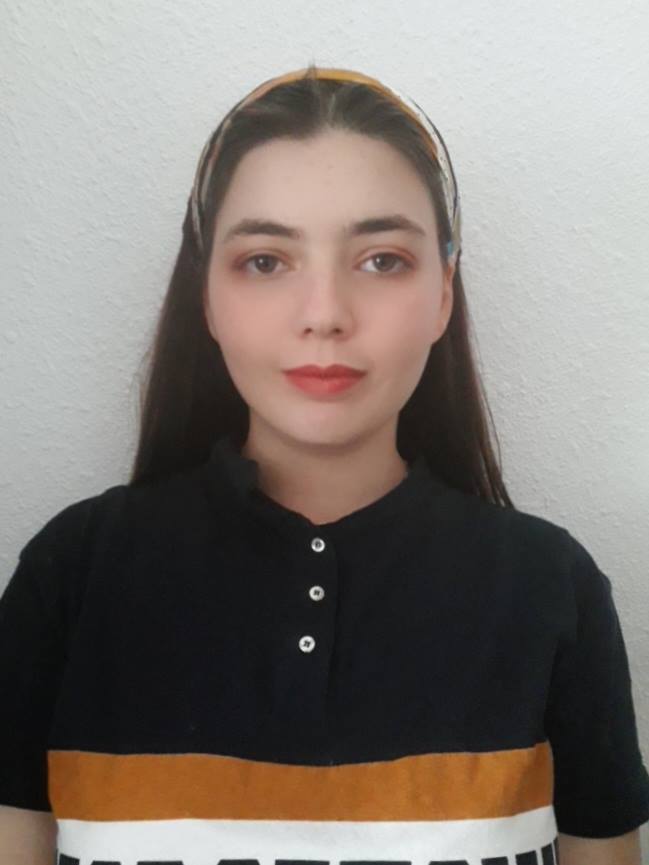There are some things worth protecting. However, some of these things are both obvious and not as clear as they may seem. Irhad Suljić, a freelance journalist and hiking guide, took over one of our summer-school workshops to explain the distinctions of and the need for protected areas in Bosnia and Herzegovina. Irhad is not just a journalist, but also an avid hiker and trainer, as well as an active participant in environmental conservation platforms. In this workshop, he decides to define the difference between environmental protection and ecology, the categorization of protected areas, and the issues of local and federal waste management.
A very common irregularity in Bosnia and Herzegovina is that people mix the terms of ‘nature protection’ and ‘ecology’. In fact, it is more accurate to say that people use the term ecology instead of nature protection. Ecology is a scientific discipline of biology, so it must not be used for environmental states or protection. Furthermore, environmental components are diverse. We can talk about protecting air, water, nature, waste and more. But the biggest problem in Bosnia and Herzegovina is that, while the country is rich in forests, lakes, mountains, rivers, etc., it has the least percentage of protected areas by far.
There are a total of six categories of protection. In the first category we have the subsection A, a ‘strict nature reserve’ for scientific use, and the subsection B, for a ‘wilderness area’. The second category is a ‘national park’. The third category is a ‘natural monument’. The fourth category is the area of ’habitat management’. The fifth category is ‘protected landscapes’. Finally, the sixth category is ‘protected areas for resource management’.
The second category is mostly dealt with in Bosnia and Herzegovina, with the controlled existence of four national parks: two which were declared during Yugoslavia and two declared after the Bosnian War. These parks are the Sutjeska National Park, Kozara National Park, Drina National Park, and Una National Park.
However, Bosnia does not have any areas under the first or the fourth category, and many of the registered areas are only protected on paper with virtually no resources or awareness available. There are even issues with the registration of protected areas, such as national parks allowing for invasive human actions, such as hiking or biking. This only adds to the fact that the country does not deal with protection.
An entirely different problem comes from a weak system of waste management. Irhad explained that Bosnia and Herzegovina has four official sanitary landfills, not even close to what is needed in order to fulfill the country’s requirements. Many municipalities use a personal but illegal landfill, which do not follow legal safety requirements. While recycling is a popular topic within sustainability and protection, both legal and illegal landfills rarely undergo the process of trash sorting. In one specific example, the landfill used by the city of Mostar is also used by many smaller municipalities, even though the landfill reached its legal capacity in the 1990s.
A connected issue with waste management is responsibility. In Bosnia and Herzegovina, the responsibility of sustainability and environmental protection falls upon the producers: in other words, if a company creates waste, then the company is required to pay a fee. This fee theoretically goes towards sustainability funds, but this money often slips through the cracks of the system. This results in low sustainability funds and no money to create better landfills or more efficient solutions. Even worse, it means that the average citizen either isn’t aware of their responsibility or has no knowledge on how to take responsibility.
Irhad took the workshop in a new direction with the topic of social media. He drew attention to the power social media has with raising awareness, but how the Bosnian government is either misusing or abusing that power. “Media doesn’t show any kind of interest for these questions,” he says. “I’ve heard this a thousand times, somebody saying, ‘who cares about bears when you don’t have anything to eat?’ And that’s the perspective of most people here, but they aren’t a substitute (…) PR is necessary, a certain type of marketing is necessary, so that media and civilians both are informed of these facts and so that they might want to actually talk about them.”
However, the workshop ended on a high note: Irhad believes most in the power of the people, and especially in the power of the youth. “I think (the youth) is the only way right now,” he answers to a question from the audience. “There’s been some effort to incorporate these kinds of lectures in schools. But they also need life lessons from their parents, philosophical lessons from their elders. It’s a chain reaction. If you teach how to teach, and you incorporate that in schools… I think that’s the only right way to make change. Education means a lot. It means everything. And we’re doing it.”

Comments